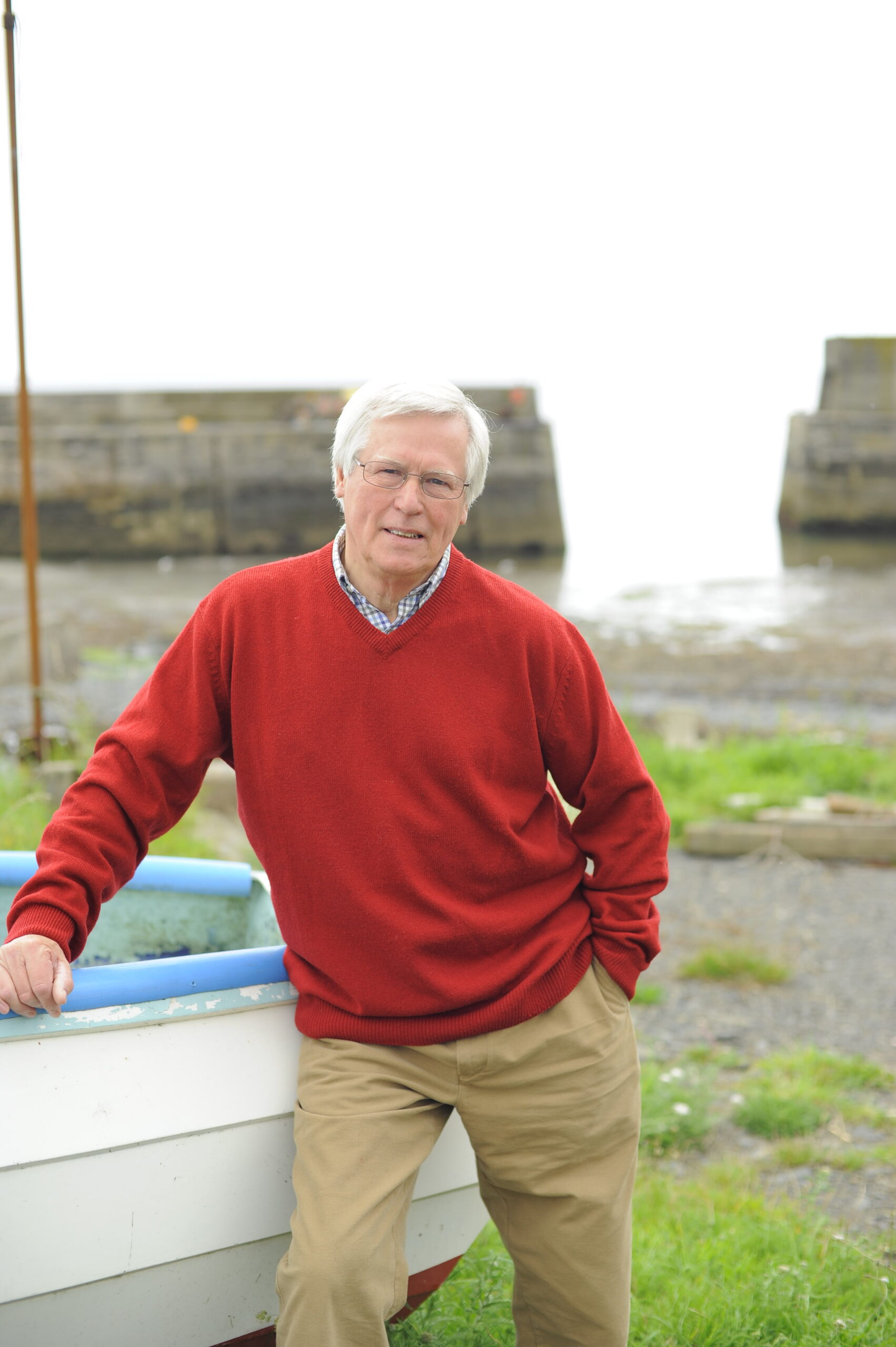Like many schoolchildren of my generation, I earned extra pocket money by collecting empty drinks bottles, returning them to shops and claiming the old pennies’ worth of deposit money. My best source was the county cricket ground in Leeds where I’d sneak in shortly before end of play, watch the last couple of overs then pick up bottles galore.
- 9.5% increase in plastic litter on UK beaches, new survey shows
- Revealed: The fly-tipping hotspots in England where councils bear the brunt of illegal waste dumping
Alas, for children a few years later deposits on glass bottles went out of fashion as plastic gained ground and littering got worse. Now, the Government is pledging to “end the throwaway society and clean up Britain” by reviving the concept of putting deposits on single-use drinks containers.
Yet, much to the annoyance of some environmental campaigners, not on glass bottles but on plastic ones and metal cans. We buy 23 billion drinks containers a year and together they make up 43% in volume of the UK’s litter. The Deposit Return Scheme (DRS) will be introduced across England, Scotland and Northern Ireland (Wales is working on its own version) in October 2027 – 10 years after it was first proposed.
And how will it work when it’s finally in action? When you buy a drink container sized from 150ml to three litres you will have to pay a redeemable deposit (probably around 20p), which can be claimed back at collection points such as supermarkets and stores. No receipt or proof of purchase is needed so anyone can return it if it’s in good condition: children will be able to do what I did and make some extra pocket money.
More than 50 countries worldwide use similar schemes; Germany leads the field in Europe with a return rate of 98%. It’s a massive boost to what’s called the circular economy: used bottles and cans get turned into new ones, saving precious resources and creating new jobs.
Over my years on Countryfile I could have built a very high hill with the amount of rubbish I’ve seen despoiling our landscapes and coastline. It is so disheartening; every day 17 million single-use drinks containers – representing huge amounts of plastic, aluminium and steel – are thrown away rather than recycled in the UK. We see them everywhere, from busy streets to the wildest remotest places.
I once crawled deep underground, explorer-like, to the very end of a cave system, elated by my achievement until the lamp on my helmet picked out a pile of empty bottles, proving I was by no means the first there. At a coastal clean-up in Wales a couple of years ago, I was staggered by the number of cans and bottles our team of volunteers of all ages extracted from the beach and the rocks in just a few hours. Many bagfuls of them, and it confirmed research carried out by the Marine Conservation Society that 97% of beaches they surveyed in 2023 were polluted with drinks-related items, posing threats to creatures from seabirds to seals.
We also retrieved lots of disposable vapes, the latest form of plastic plague. The good news is that this summer they should be harder to find littering our beaches, and everywhere else where people go to relax, because a ban on their sale and use has come into force. But we’ll have to wait two years before the DRS ‘trash for cash’ scheme is launched and, in that intervening period, billions more bottles and cans will have been dumped, resulting in further damage to the environment.
The rise of fly-tipping
Meanwhile, the situation is getting worse in another disgraceful area of our throwaway society: fly-tipping. The number of incidents in England alone topped 1.15 million in 2023/24 – a 6% increase from the previous year. The true scale is unknown because most cases on farms and private land go unreported, often for fear of reprisals by the criminal gangs responsible.
One Hertfordshire farmer recently told the Countryfile programme that 40 tonnes of rubbish had been dumped in one of her fields. The Country Land and Business Association says it’s costing farmers and landowners hundreds of millions a year to get rid of the mess and it wants increased enforcement to catch the fly-tippers. Only 0.1% of incidents end in prosecution and the average fine of £530 seems to be no deterrent. The Government says it is taking action to crack down on offenders but, unlike the deposit scheme, regretfully there is no simple one-step solution to the scourge of fly-tipping.
Read more of John's columns
- “The water isn’t even fit for dogs to swim in sometimes.” John Craven on the UK’s water pollution problem – and what’s being done to tackle it
- ‘They discovered a dead python, a wartime hand grenade and a camper van’: How Britain’s waterways are being restored
- Scientists strapped tiny data-gathering ‘backpacks’ to English nightingales – and discovered something worrying
Top image: fly-tipping in the UK countryside. Credit: Getty




